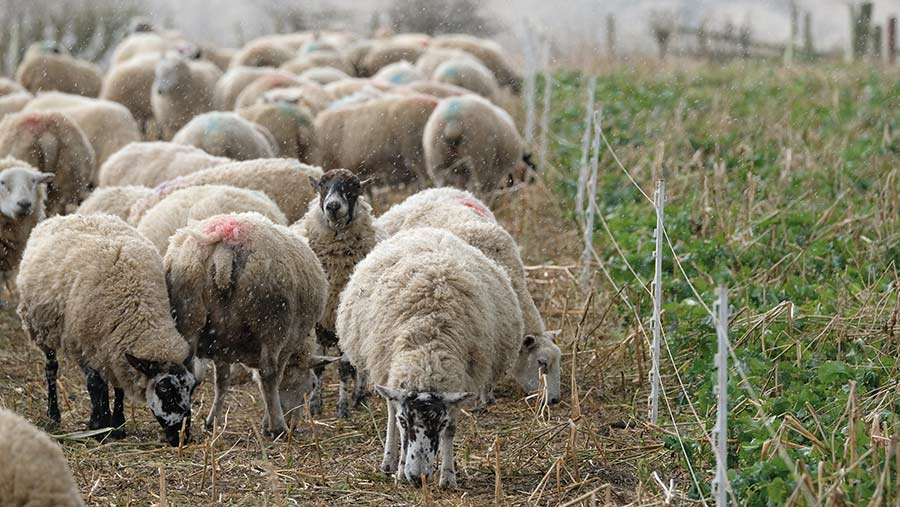Opinion: Regenerative farming is more than just a buzzword
 © Tim Scrivener
© Tim Scrivener Some words are synonymous with a moment in time. Others capture the mood of an epoch. But every now and then you come across a word that influences the direction of travel, of policy, of sentiment and defines a tipping point.
For example, the word “furlough” will forever be associated with Covid. And “woke” – a word that sounds like a social media influencer’s typo – captures today’s mood brilliantly.
But for many sectors, including agriculture, the word “regenerative” will lead tomorrow’s policies and direction. It captures four fundamental actions: intention, invention, conscience and legacy.
Regenerative farming suggests an approach that thinks more about our children than it does about ourselves. It implies an ambition to atone for the past. More environmentalism than capitalism.
See also: Regenerative farming – the theory and the farmers doing it
About the author
 Ian Pigott
Ian Pigott
Columnist, Farmers Weekly
Ian Pigott farms 700ha in Hertfordshire. The farm is a Linking Environment and Farming demonstration unit. Ian is also the founder of Open Farm Sunday.
Read more articles by Ian Pigott
Other words and phrases have tried and failed. “Corporate social responsibility” was never really recognised beyond the boardroom, while “sustainability” is too nebulous and lacks substance.
But “regenerative” suggests intent and resonates with Generation Z – a demographic for whom justice and accountability are so important.
I confess the upsurge of its adoption has caught me by surprise. I started wandering down the road of regenerative agriculture six years ago – though I would refer to my path as conservation agriculture, if for no other reason than I thought regenerative farming was too difficult to say.
But in 2021, not only is the phrase plastered across every farming mail drop and periodical, it has also emblazoned the Wall Street Journal, Financial Times, Time magazine and National Geographic – all key policy influencers.
Corporate institutions speak of regenerative policies. There are regenerative medicines, regenerative energies – apparently even education can be regenerative.
So it’s not unique to farming. But all of a sudden British farming is awash with soothsayers and naysayers of regenerative agriculture.
There will always be naysayers. Some people don’t like change. Others feel threatened by it. But beware the naysayers, of whom there are many, who knock what they haven’t tried because it doesn’t suit their agenda or sales.
In contrast, I am amazed by how many experts there are wishing to charge for advice on how to farm regeneratively. Of course, the government’s ambitions for net zero carbon and a much greener farming sector generates demand.
I have committed six years to regenerative farming. I have travelled to the US, Canada and France, to Kent, Herefordshire and Hertfordshire, to learn from some of the leading exponents.
I have worked with scientists from Rothamsted and make my annual pilgrimage to Groundswell. But I am still wearing my metaphorical armbands and riding with stabilisers.
How and where all these people have become experts so quickly heaven only knows The sceptics will highlight its Achilles heel – a dependency on glyphosate. This is valid, but not unique to regenerative agriculture.
As a science, it is more microbiome than microscope. One learns by feel, not by rote. Yes, we have had failures, but our soil organic matter has increased dramatically, as has our biodiversity. It may not be perfect, but the direction of travel is positive.
Farming regeneratively is not an excuse to buy a new drill. Nor is it a silver bullet to farm profitability. But it is here to stay.
